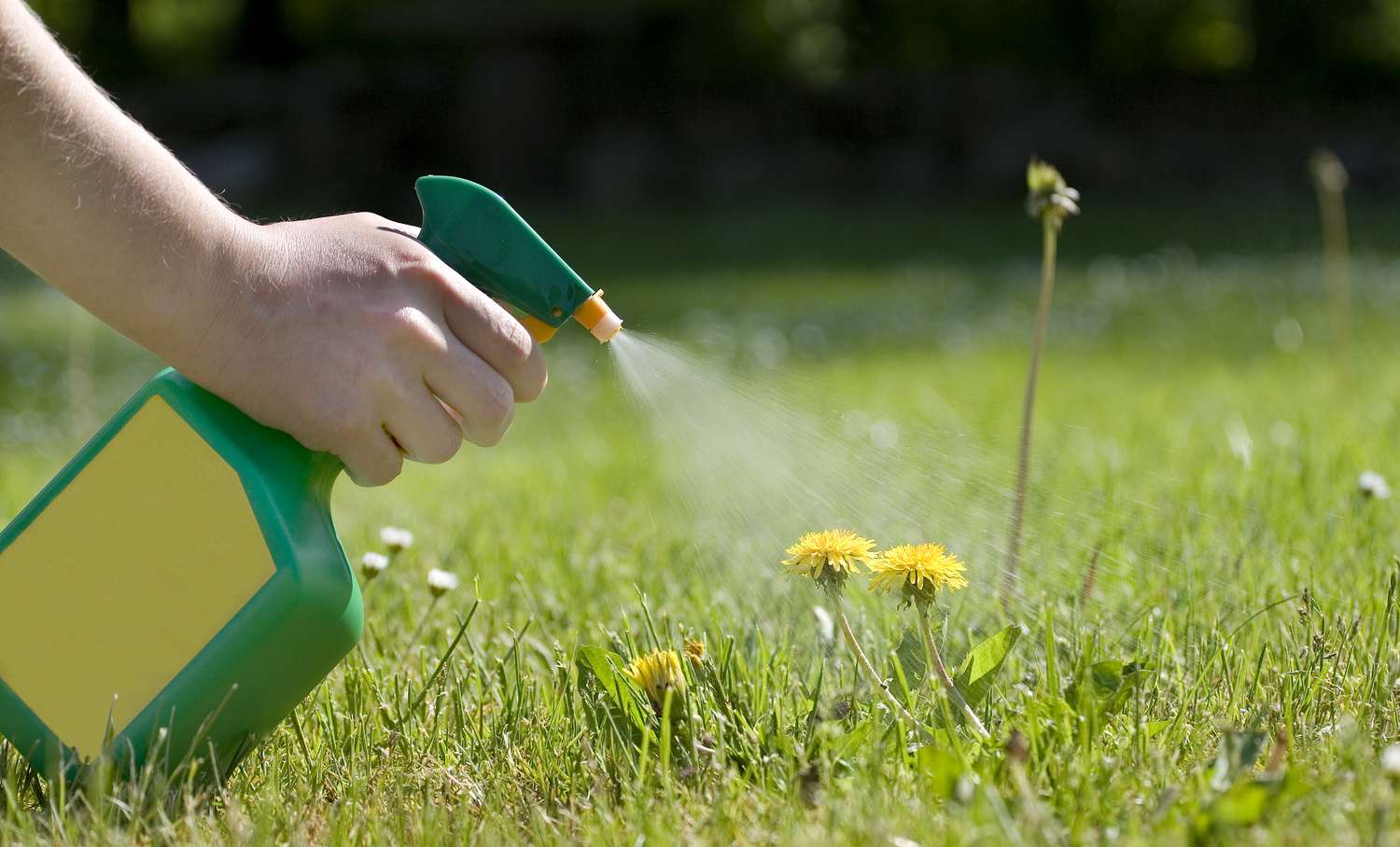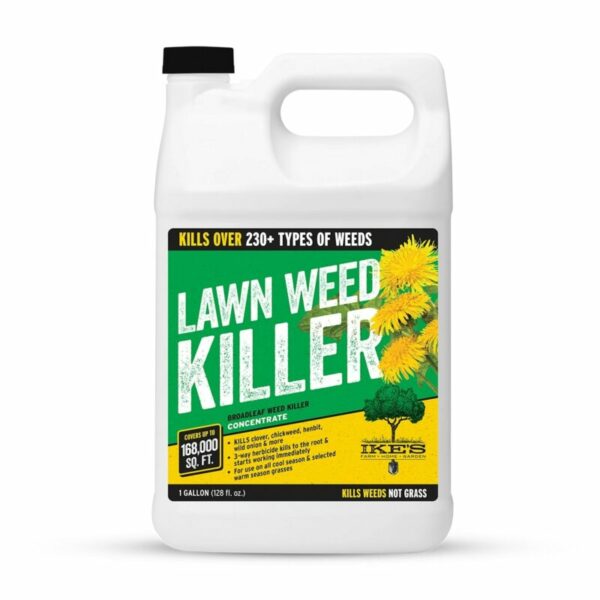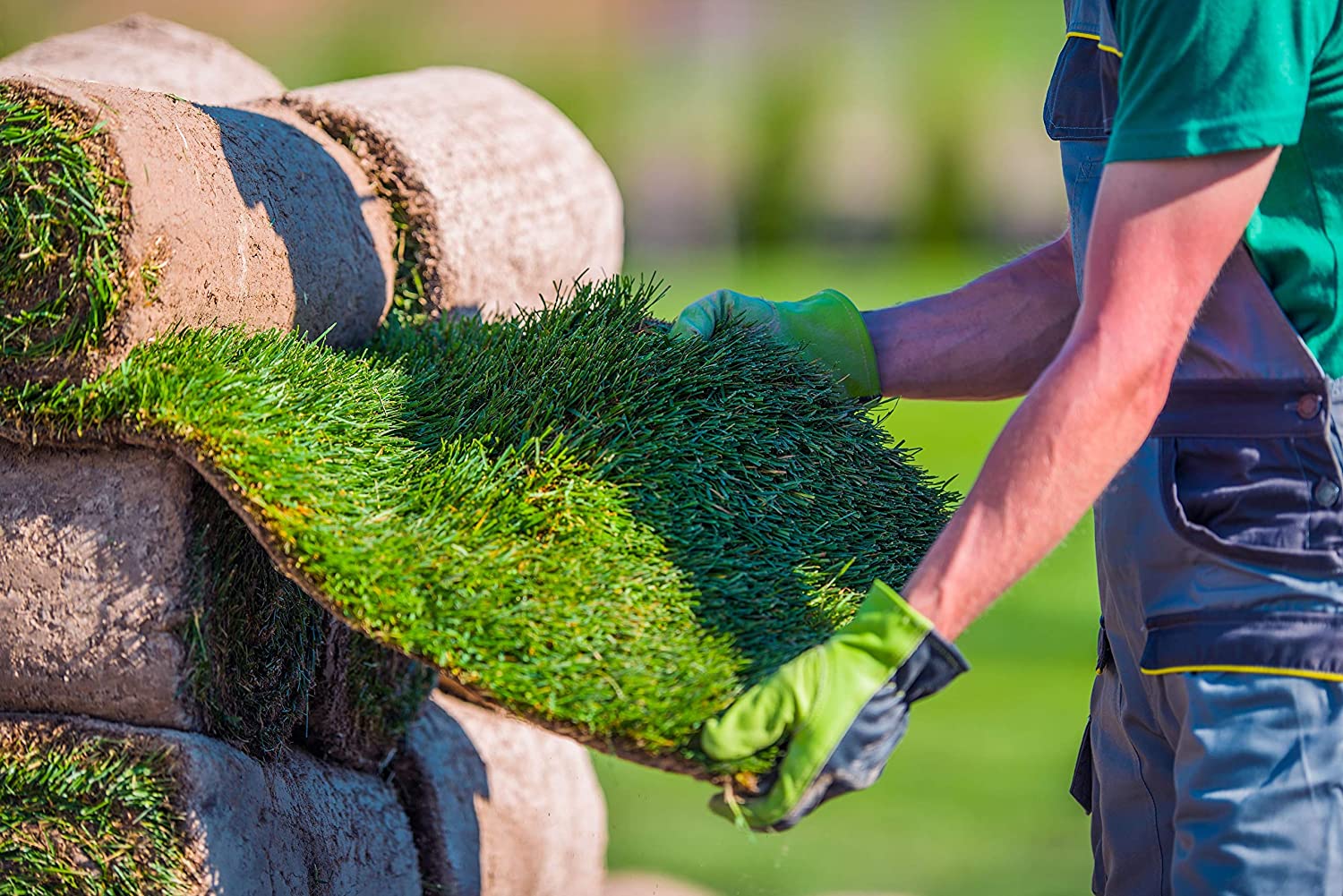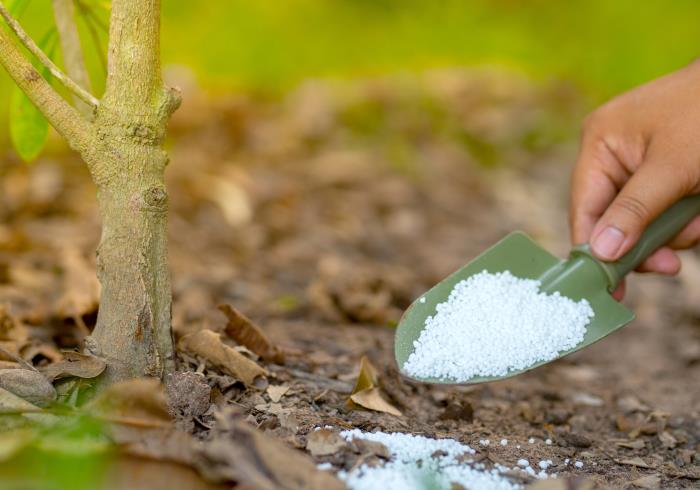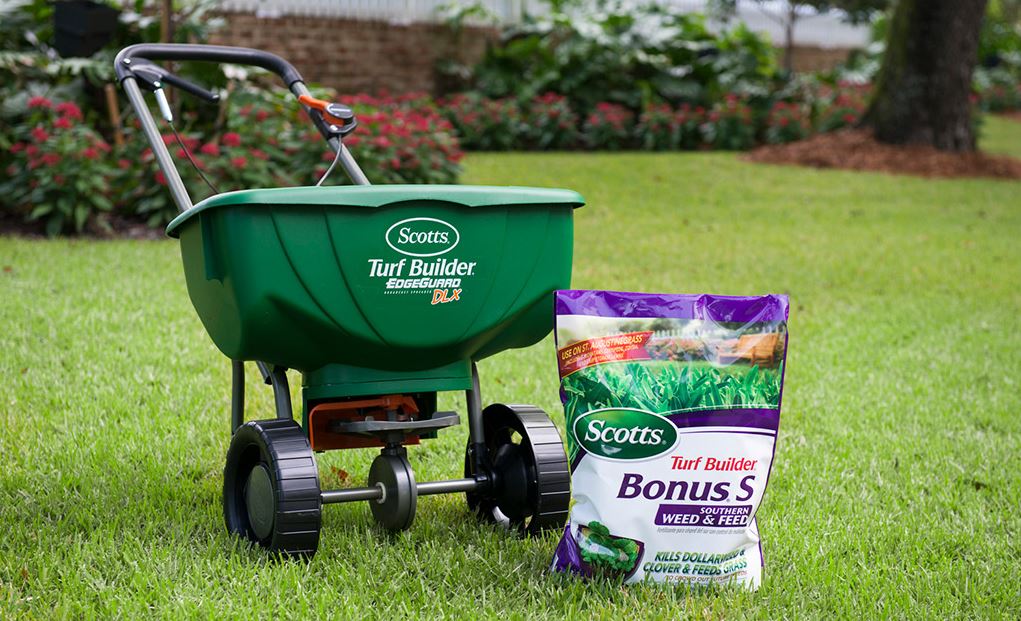If you wan to know How To Get Rid of Weeds Without Killing Grass in South Africa, we’re here to help.
Maintaining a vibrant, weed-free lawn in South Africa can be a challenging but rewarding endeavor. Weeds not only mar the aesthetic appeal of your lawn but also compete with the grass for essential nutrients and water.
In this in-depth guide, we will explore a variety of eco-friendly and effective methods for controlling weeds without causing harm to your precious grass. By understanding the unique challenges faced in South Africa and adopting proactive strategies, you can achieve a healthy, resilient lawn.
How To Get Rid of Weeds Without Killing Grass in South Africa
-
Understanding Common Weeds in South Africa:
Before diving into weed control strategies, it’s crucial to identify the common weeds that thrive in South African lawns. Broadleaf weeds such as dandelions, clover, and bindweed, along with grassy invaders like crabgrass and couch grass, are prevalent. Recognizing these adversaries is the first step in developing a targeted and effective weed management plan.
-
Proper Lawn Maintenance:
The foundation for a weed-resistant lawn lies in regular maintenance practices. Mowing your lawn at the correct height promotes strong grass growth, creating a dense cover that shades out potential weed invaders. Additionally, ensure your lawn receives proper watering and fertilization, as a healthy grass stand is more resilient to weed infestations.
-
Hand Pulling and Cultivation:
For smaller weed infestations, manual removal remains one of the most effective methods. Take the time to hand pull weeds, ensuring you remove the entire plant, including the roots. Cultivating the soil around weeds can disrupt their growth patterns, but exercise caution to avoid damaging the grass roots in the process.
-
Mulching for Weed Suppression:
Mulching is a natural and effective way to suppress weed growth by blocking sunlight and inhibiting germination. Apply a layer of organic mulch, such as wood chips or straw, around the base of your grass. Not only does this hinder weed development, but it also helps retain soil moisture, promoting overall lawn health.
-
Selective Herbicides for Targeted Weed Control:
When chemical intervention becomes necessary, opt for selective herbicides that specifically target the weeds while leaving the surrounding grass unharmed. Carefully read product labels to ensure compatibility with your grass type, and follow application instructions diligently. Reserve the use of non-selective herbicides for extreme cases, as they can harm both weeds and grass.
-
Boiling Water and Vinegar as DIY Weed Killers:
For a non-toxic approach, consider using boiling water or vinegar as DIY weed killers. Gently pour boiling water or vinegar directly onto the weeds, taking care not to overspray onto the grass. While these methods may require multiple applications, they offer an environmentally friendly alternative to chemical herbicides.
-
Natural Pre-Emergent Herbicides:
To prevent weed seeds from germinating, consider using natural pre-emergent herbicides like corn gluten meal. These products act as a natural barrier without harming established grass. Apply them in early spring and fall for optimal results in suppressing weed growth.
-
Regular Inspections for Timely Intervention:
Vigilance is key to successful weed management. Conduct regular inspections of your lawn, identifying and addressing weed issues promptly before they spread. Early intervention significantly contributes to maintaining a healthy grass cover.
Frequently Asked Questions
What are Common South African Lawn Weeds?
South Africa is home to a variety of weeds that can infiltrate lawns and disrupt the health and appearance of grass. Common lawn weeds in South Africa include both broadleaf and grassy varieties. Here are some of the more prevalent ones:
Broadleaf Weeds:
- Dandelion (Taraxacum officinale): Recognizable by its yellow flowers and distinctive toothed leaves, dandelions are persistent and can quickly spread across lawns.
- Clover (Trifolium spp.): Clover is characterized by its trifoliate leaves and often presents as a low-growing ground cover. While some homeowners tolerate clover for its nitrogen-fixing properties, others consider it a weed.
- Bindweed (Convolvulus arvensis): Bindweed, also known as morning glory, has twining vines with heart-shaped leaves. It can be invasive and challenging to control.
- Broadleaf Plantain (Plantago major): Broadleaf plantain has broad, oval leaves and is commonly found in lawns. It can form rosettes and is often resistant to traditional lawn care practices.
- Oxalis (Oxalis spp.): Oxalis, or sour grass, has distinctive clover-like leaves and small yellow flowers. It can spread rapidly and is often considered invasive.
Grassy Weeds:
- Crabgrass (Digitaria spp.): Crabgrass is an annual grass that can quickly take over lawns, especially in bare or thin areas. It spreads low to the ground and can be challenging to eradicate.
- Kikuyu Grass (Pennisetum clandestinum): While Kikuyu grass is intentionally planted in some lawns for its durability, it can become invasive and take over other grass varieties.
- Couch Grass (Cynodon dactylon): Also known as Bermuda grass, couch grass is a warm-season perennial grass that can be invasive and challenging to control due to its aggressive spreading.
- Goosegrass (Eleusine indica): Goosegrass has flattened stems and forms a low-growing mat. It is often found in compacted or disturbed soil.
- Annual Bluegrass (Poa annua): Annual bluegrass is a cool-season grass that can invade lawns, especially during the cooler months. It produces characteristic seed heads.
Creeping Weeds:
- Creeping Charlie (Glechoma hederacea): Also known as ground ivy, creeping Charlie has scalloped leaves and spreads quickly, forming dense mats. It is particularly troublesome in shady areas.
- Cape Ivy (Delairea odorata): Cape ivy is an aggressive, fast-spreading creeper with heart-shaped leaves. It can quickly cover and smother other vegetation.
Does vinegar kill weeds without killing grass?
Vinegar is a non-selective herbicide, meaning it can potentially harm or kill any plant it comes into contact with, including grass. While it is a natural alternative for weed control, it should be used with caution and only in a targeted manner to avoid damaging desirable plants.
If you choose to use vinegar for weed control, be sure to apply it carefully and selectively to the weeds you want to eliminate, taking precautions to prevent overspray onto surrounding grass or plants. Additionally, consider diluting the vinegar to reduce its potency, especially if you are dealing with less resilient weeds.
Conclusion:
Achieving a weed-free lawn in South Africa without harming the grass requires a holistic approach that combines preventive measures, cultural practices, and targeted interventions.
By adopting these eco-friendly strategies and understanding the unique challenges of South African lawns, you can enjoy a lush and resilient lawn that enhances the beauty of your outdoor space.
Remember, consistency and a proactive approach to lawn care are the cornerstones of successful weed management. With dedication and the right strategies, your lawn can flourish in the face of weed challenges.

